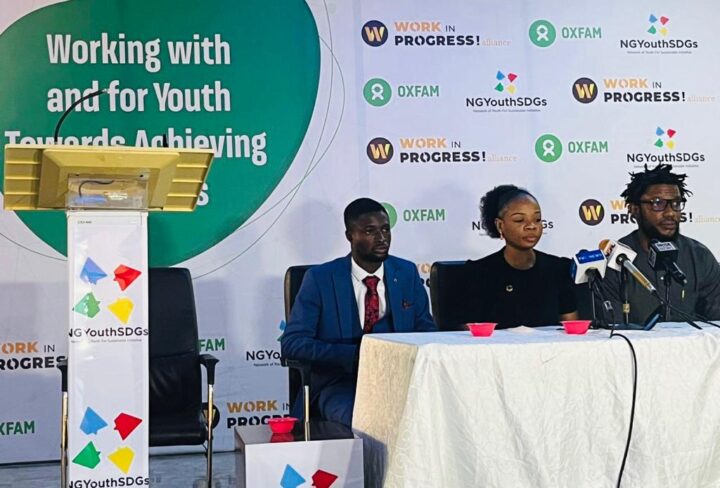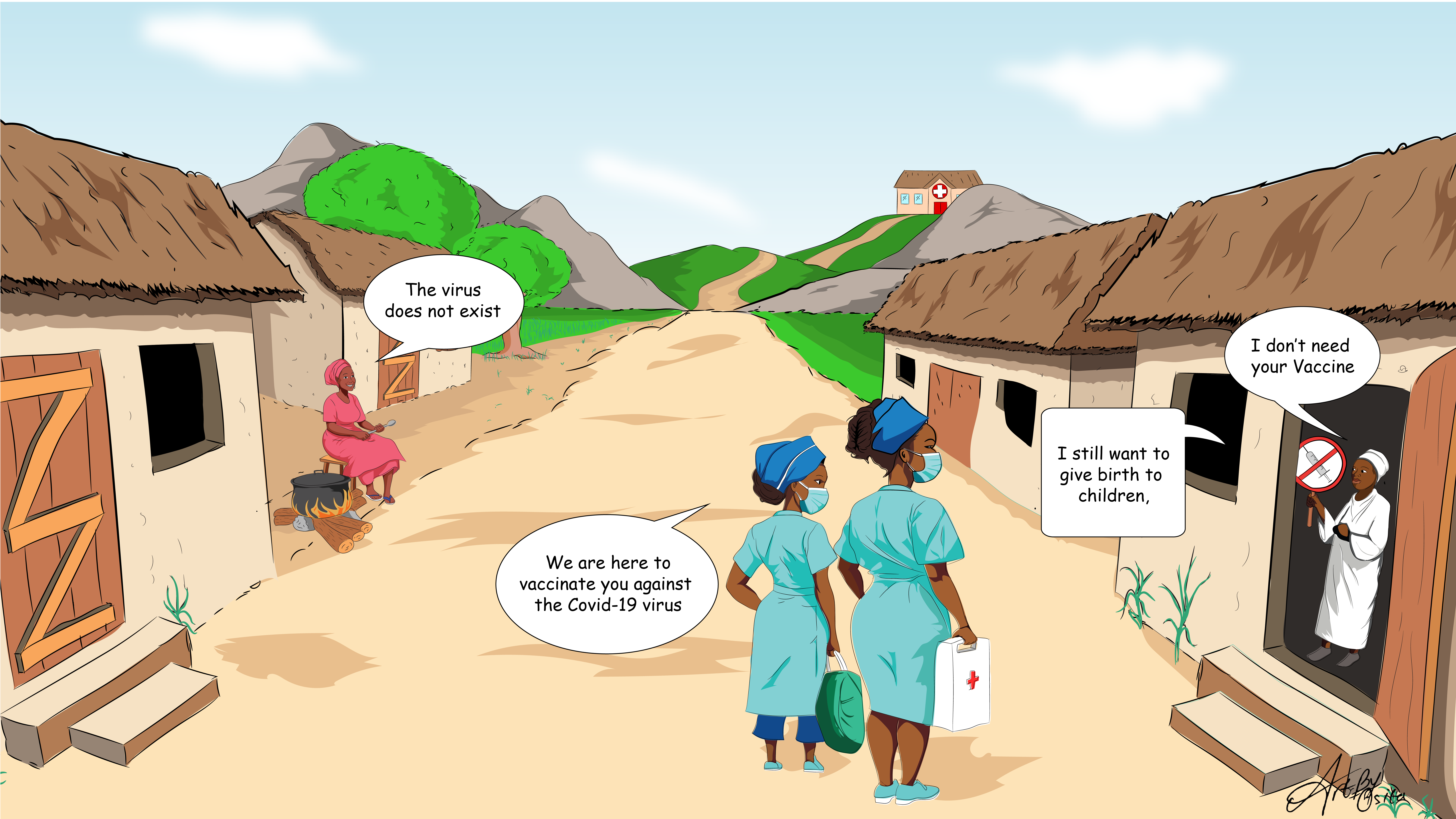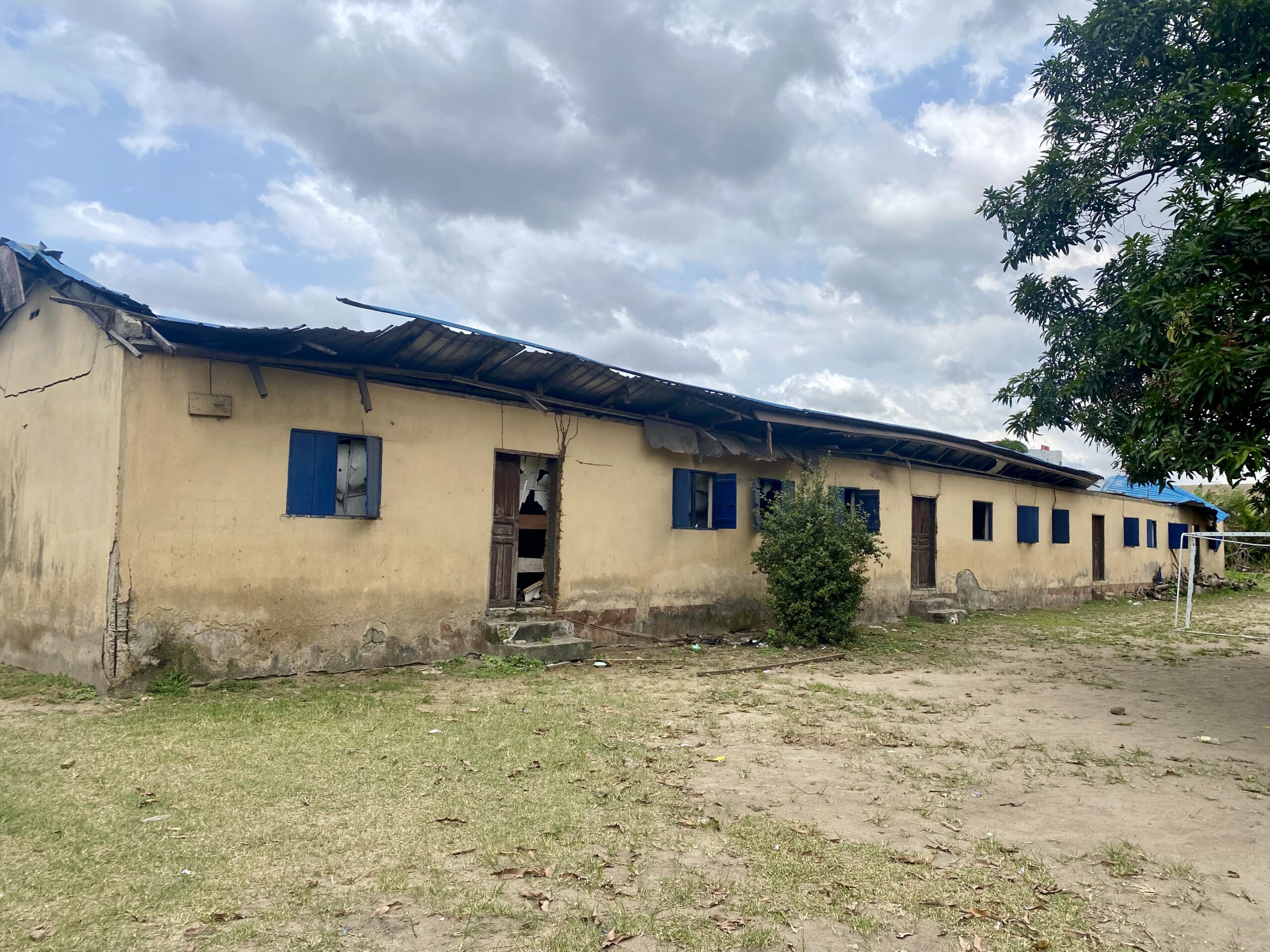Agora Policy, the Abuja-based think tank, says a lot of public school pupils in the country “are seriously falling behind” in terms of learning achievements.
In its latest report titled ‘Back to the Basics: How to Fix UBE and Public Basic Education in Nigeria’, the organisation said many parents have “lost faith in the public education system”.
Buttressing its point, the think tank cited a report by the United Nations Children Fund (UNICEF) which revealed 75 percent of children aged seven to 14 years in Nigeria cannot read simple sentence or solve basic maths.
“In terms of learning achievements, it has also been widely reported that Nigerian children are seriously falling behind. Therefore, even when more kids are going to school, they have not been doing much of learning,” Agora Policy said.
Advertisement
“In the past it could be taken for granted that any child completing basic education in Nigeria would have attained the appropriate levels of proficiency in reading, writing and arithmetic. Not anymore. Quite ironically, the chances that a child would acquire these competencies now lies outside the public schools and depend on the ability of the parents to pay.
“Having lost faith in the public education system, parents who could afford to pay have opted out of UBEC-funded primary schools, leaving only those who are too poor to afford even the cheapest of fee-paying private schools or those who reside in places where such option is not available.
“The failure of children to learn from public schools, would, in fact, suggest that the more children we have attending those schools, the more children we have who are in danger of acquiring no education for a future life of further learning or employment. In only a few decades, Nigeria’s prosperity and progress will be determined by these children.
Advertisement
“Their inability to learn the skills to solve even the basic problems they will encounter clearly has serious implications for Nigeria’s social cohesion as well as future economic and human capital development objectives.”
HOW TO IMPROVE BASIC EDUCATION IN NIGERIA
In the report, the think tank — founded by Waziri Adio, former executive secretary of the Nigeria Extractive Industries Transparency Initiative (NEITI) — highlighted ways to revamp public basic education in the country.
The organisation said the Universal Basic Education Commission (UBEC) must “undergo a deep structural review” to enable it to take on more responsibilities for improving quality in public schools.
Advertisement
“The UBE Act, 2004, needs to be reviewed to take into account the experience of the last two decades regarding its implementation, and the identified challenges. For example, the provision on counterpart funding and expenditure prescription needs to be reviewed. Spending priorities need to be shifted towards factors that impact most on learning outcomes like textbooks, inspections, teacher recruitment and training,” the organisation said.
“The governance of basic education needs to be decentralised to enable schools and local governments to play more active roles in decision-making, especially in resource allocation. Therefore, the Local Universal Basic Education Board (LUBEB) needs to be established. In addition, the School-Based Management Committee (SBMC) should be made a legal requirement for each school so as to mobilise community leaders to play a more active role in the management of their schools.
“Government needs to engage more with the private education providers and actively support them.”
Other recommendations include holistic reforms in schools, establishing a new career path for teachers, and institutionalising a national assessment on progress in basic education to carry out learning outcome assessments in literacy, numeracy and reading at various grade levels across the country.
Advertisement
Add a comment






